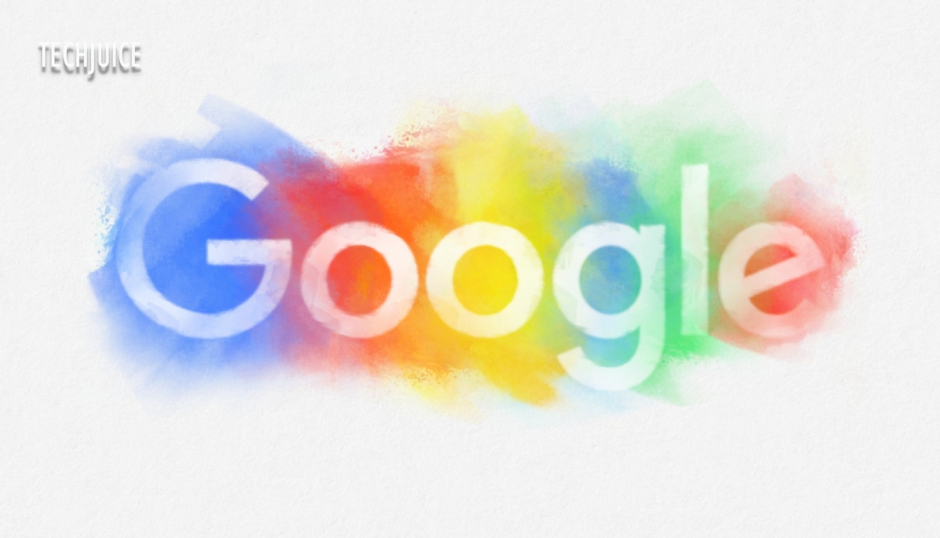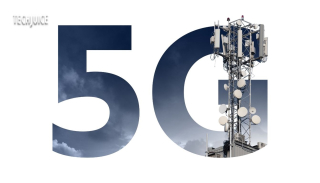In a bold move to compete with Apple’s iPad, Google is reportedly planning to merge its Chrome OS with Android, creating a hybrid platform aimed at revolutionizing tablets and other devices. This new approach is part of a multi-year project designed to enhance Google’s position in the tablet market, which is currently dominated by Apple’s iPadOS.
At present, Google maintains two distinct operating systems, Chrome OS for Chromebooks and Android for smartphones. However, tablets are an area in which the two systems have overlapped. Google is currently in the process of entirely integrating Chrome OS into Android, thereby establishing the latter as the primary operating system for both laptops and tablets, according to a recent report from Android Authority.
The purpose of this strategic shift is to enhance the profitability of developers by increasing the total number of users, as well as to rationalize Google’s engineering activities and improve the distribution of apps. Instead of combining the two operating systems to create a new platform, the company intends to convert Chrome OS into Android, thereby enhancing the infrastructure and streamlining the process.
Analysts have suggested that the forthcoming Google release, the Pixel Laptop, codenamed “Snowy,” will incorporate the new hybrid platform. It is anticipated that the device will feature top-tier internal components and a new interface that is specifically designed to emulate the desktop experience in Android scenarios. These features include enhanced keyboard and mouse integration, the capacity to connect an additional monitor, and the support for multiple workstations.
Additionally, it is anticipated that the acquisition will enhance the capabilities of Google’s tablets. Additionally, it is anticipated that the relocation will enhance the durability of Google’s tablets. This change could potentially enhance the performance and versatility of Android tablets by incorporating a more advanced Tensor processor, a more advanced camera, and a new keyboard cover accessory in the rumored Pixel Tablet 2.
However, this transition is still in its early stages, particularly in the laptop division. The iPad, which operates on iPadOS, may face significant competition from Google’s consolidation of the operating system for CPU laptops and tablets. It guarantees the delivery of new and enhanced functionalities, a more stable Android environment for both tablets and laptops, and thorough integration in the long-term project.












